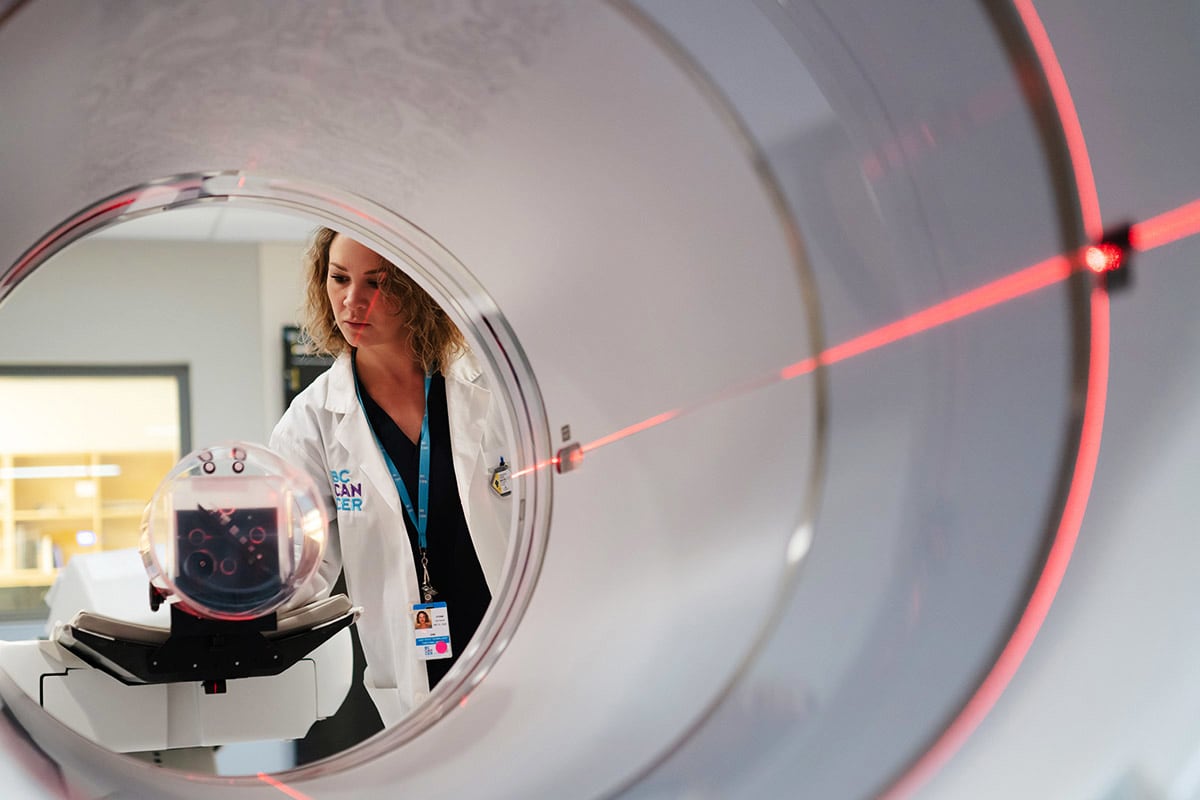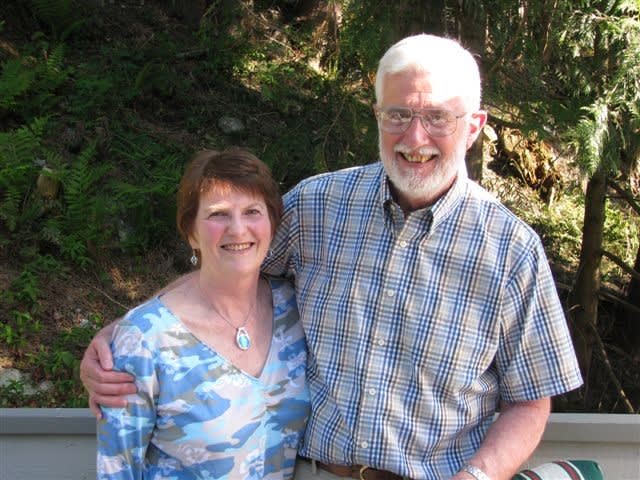BrainCare Part I: Regaining Control and Building Relationships
January 30, 2014
Found in BrainCare BC, Innovation
I could easily recount dozens more stories to help segue into this blog’s description of BrainCare and the BC Cancer Agency’s brain tumour care and research. As you can imagine, 20 years in the operating room chronicles several hundred chapters of triumphs and tragedies. They have all helped formulate our research agenda.
My experience in medicine, and in life, has shown me that fear and anxiety come from loss of control. This is concept is crystallized in cancer in general, and brain malignancies in particular. Every day we have the luxury of toying with decisions and choices that lay out the course of our life. Upon diagnosis of cancer that luxury is taken away from us. Cancer seems to be in control: fear, anxiety and hopelessness ensue. Before any treatments are begun, our best tool to gain the upper hand over cancer is information: knowing what we are dealing with and sorting out the Hollywood myths from the true expectations.
The BC Cancer Agency and BrainCare have worked hard to develop a team and a system where as much information as possible is provided quickly and thoroughly. We firmly believe that regaining control really starts when the patient with the brain tumour knows as much as possible about that tumour: the plan of action, risks and benefits, contingency plans and the theory about why and when. Our research team, led by Dr. Doug Ozier, has begun exploring bio-feedback as a means of improving the integration of all this information.
I have learned how to discuss the ‘bad news’ of brain cancer not from medical school or communication seminars, but from having done it for 20 years. And as I pointed out in the last post, I unfortunately learned a lot from doing it poorly. It would be selfish for me to hoard those lessons – I am committed to sharing what I learned with all my younger, aspiring oncologists.
Brian


